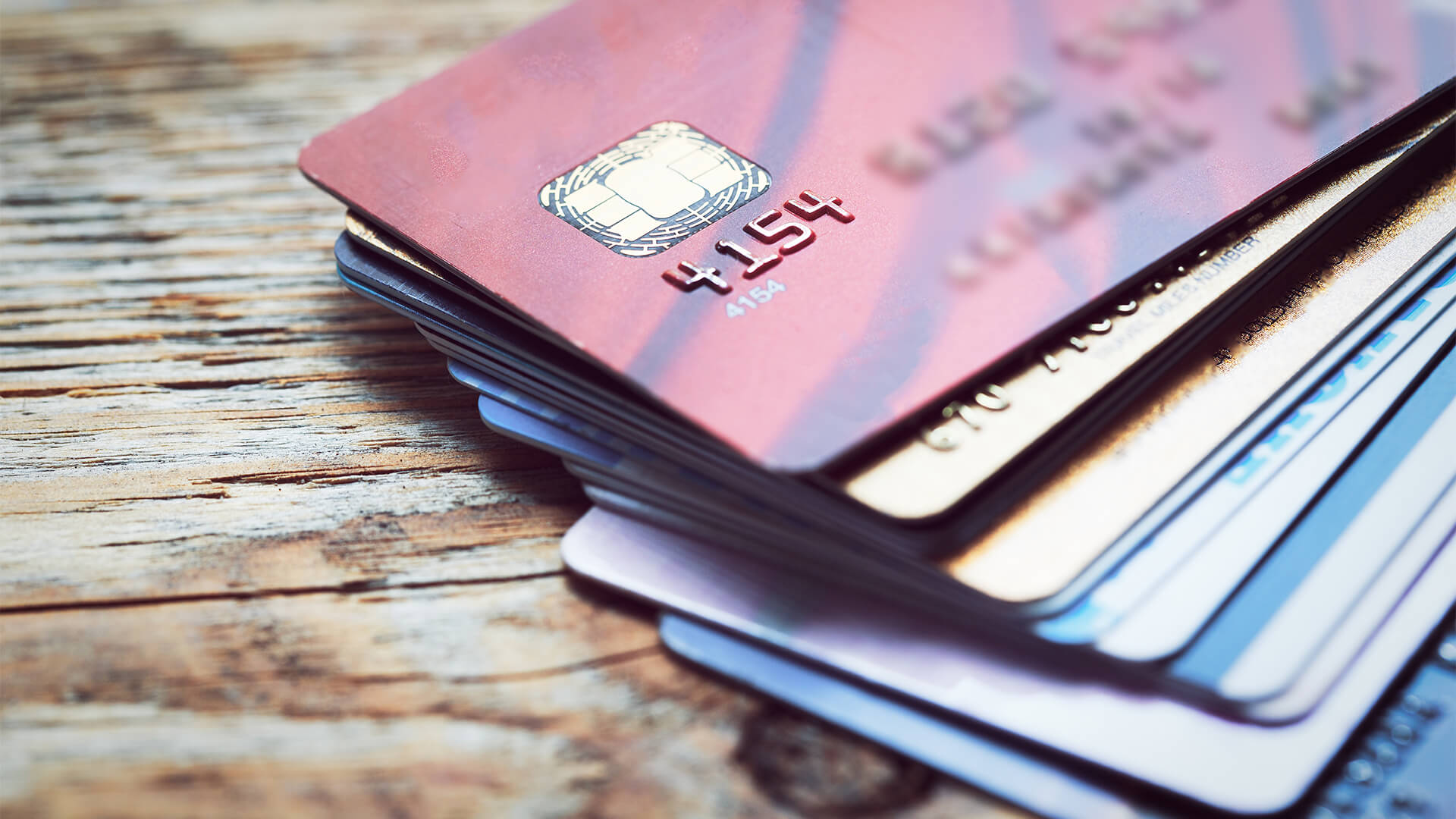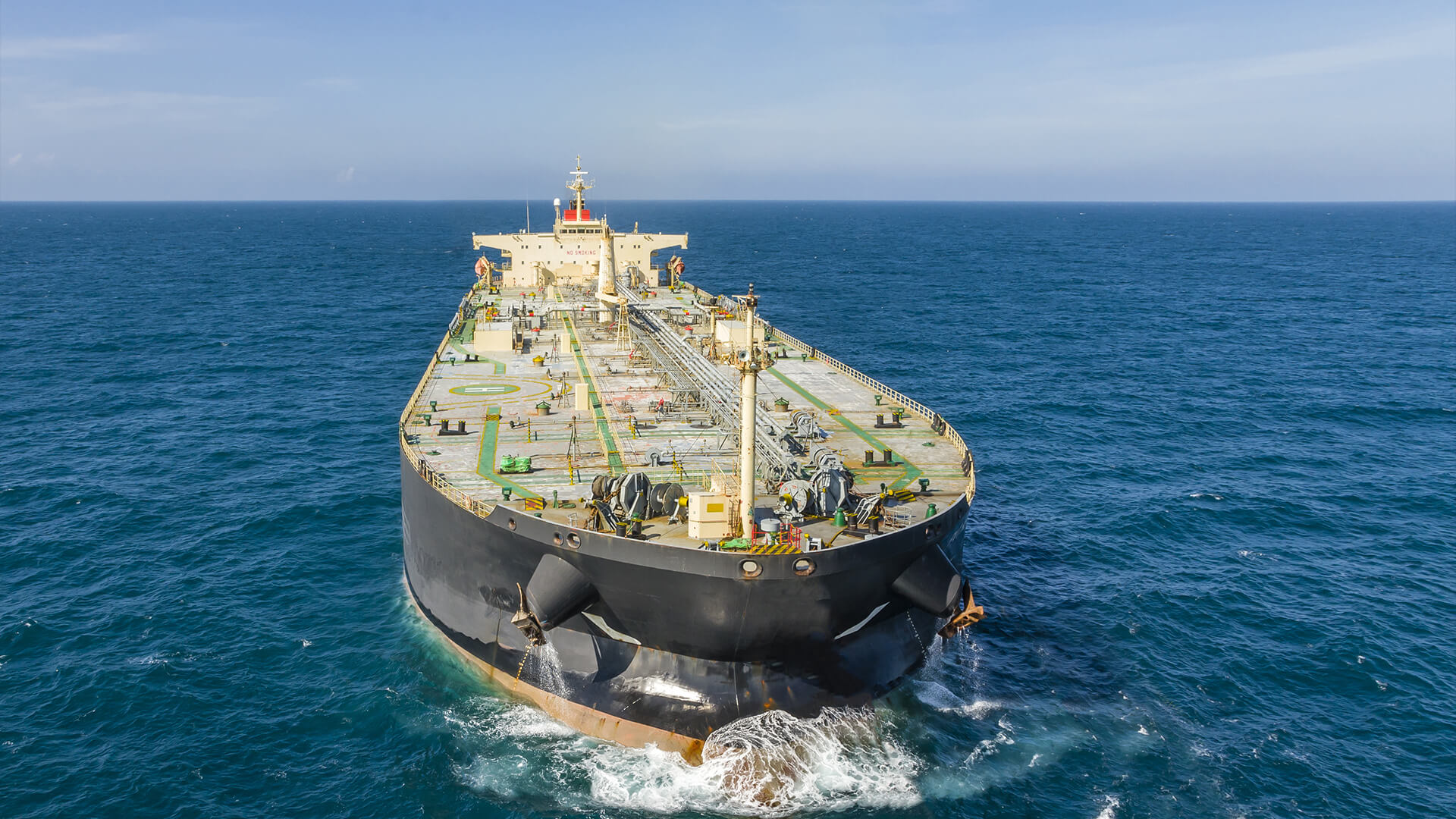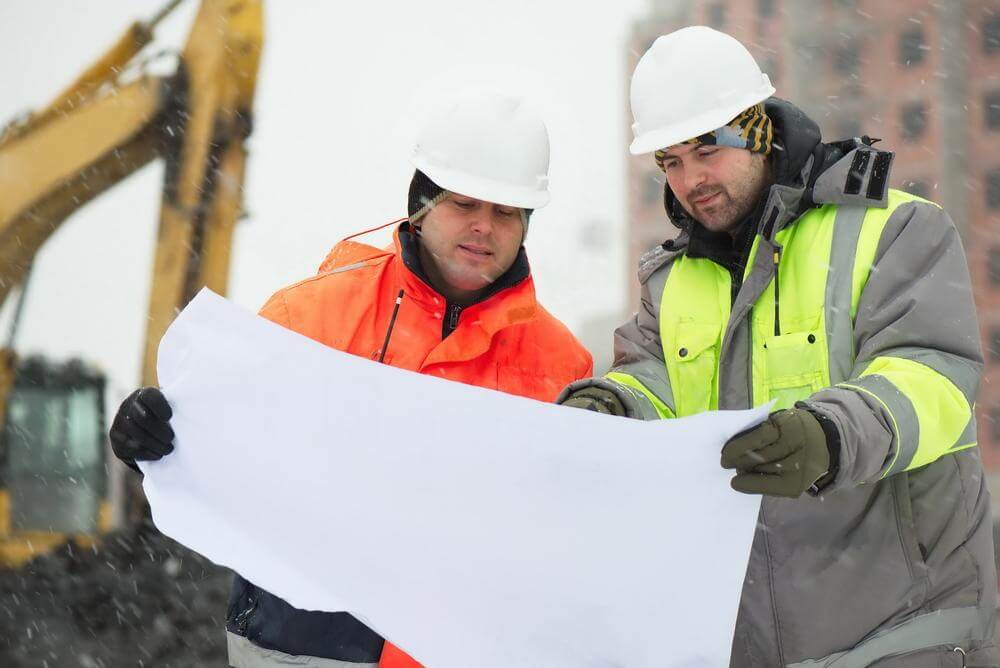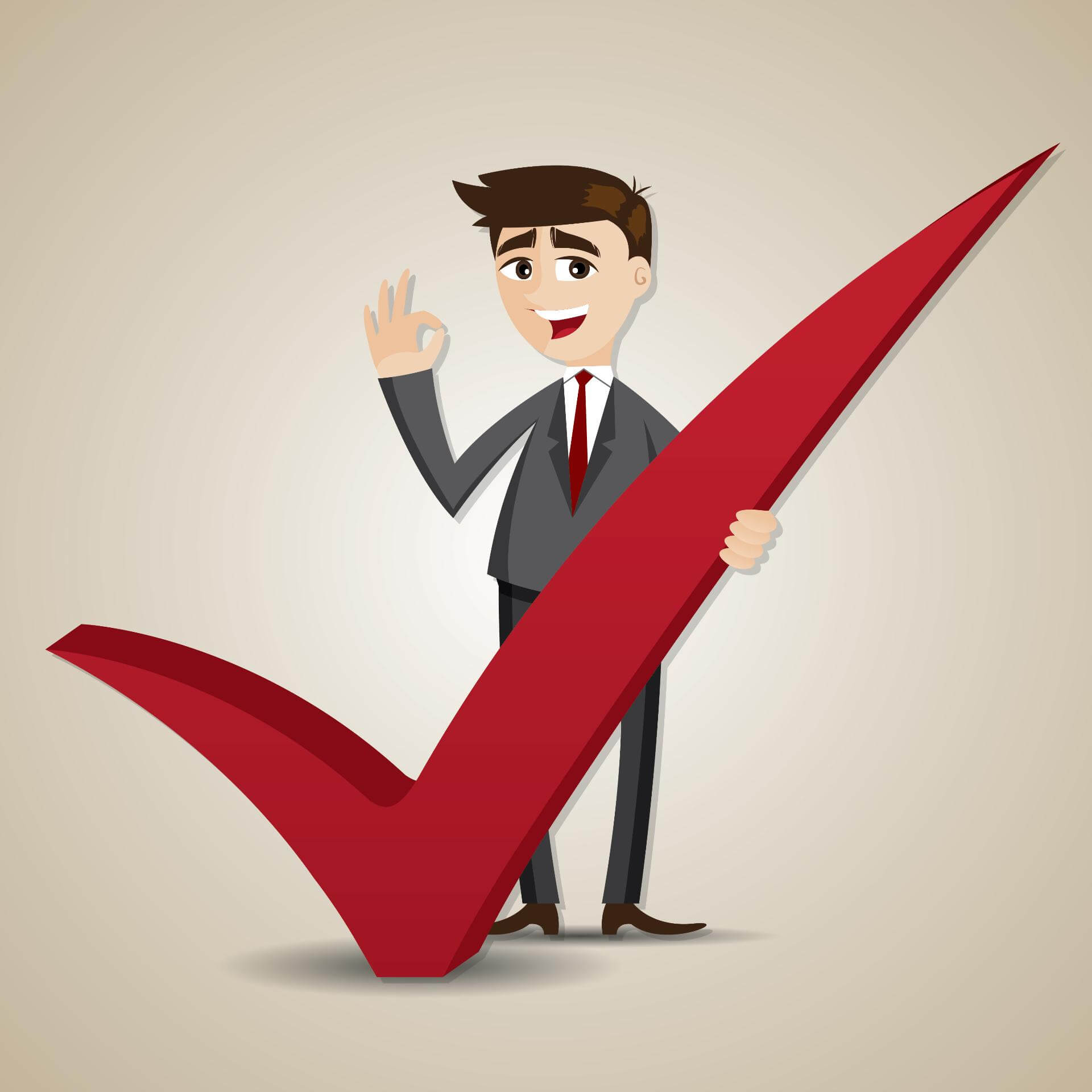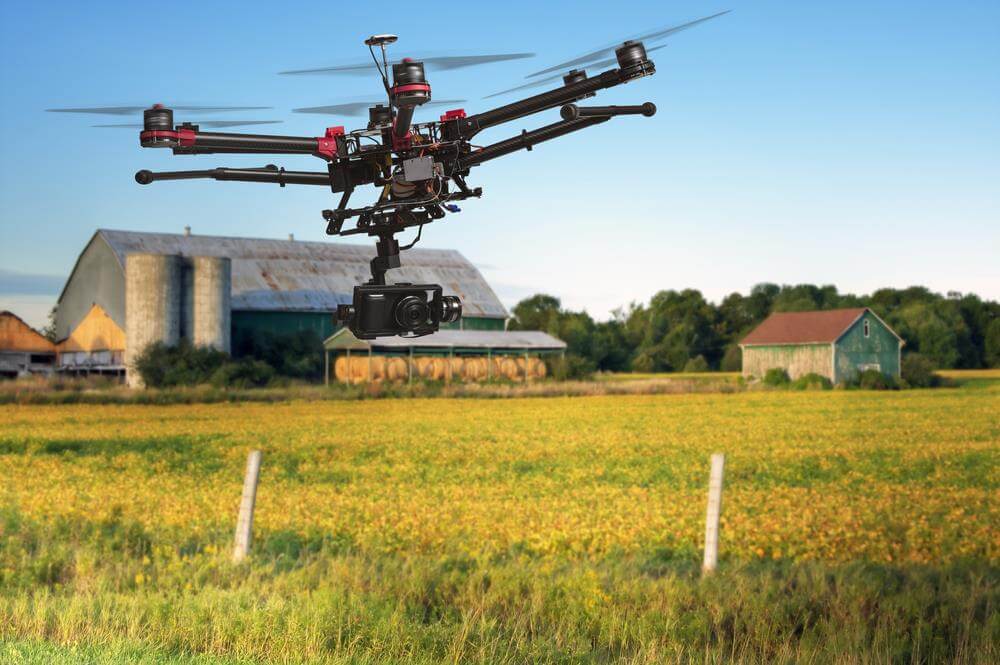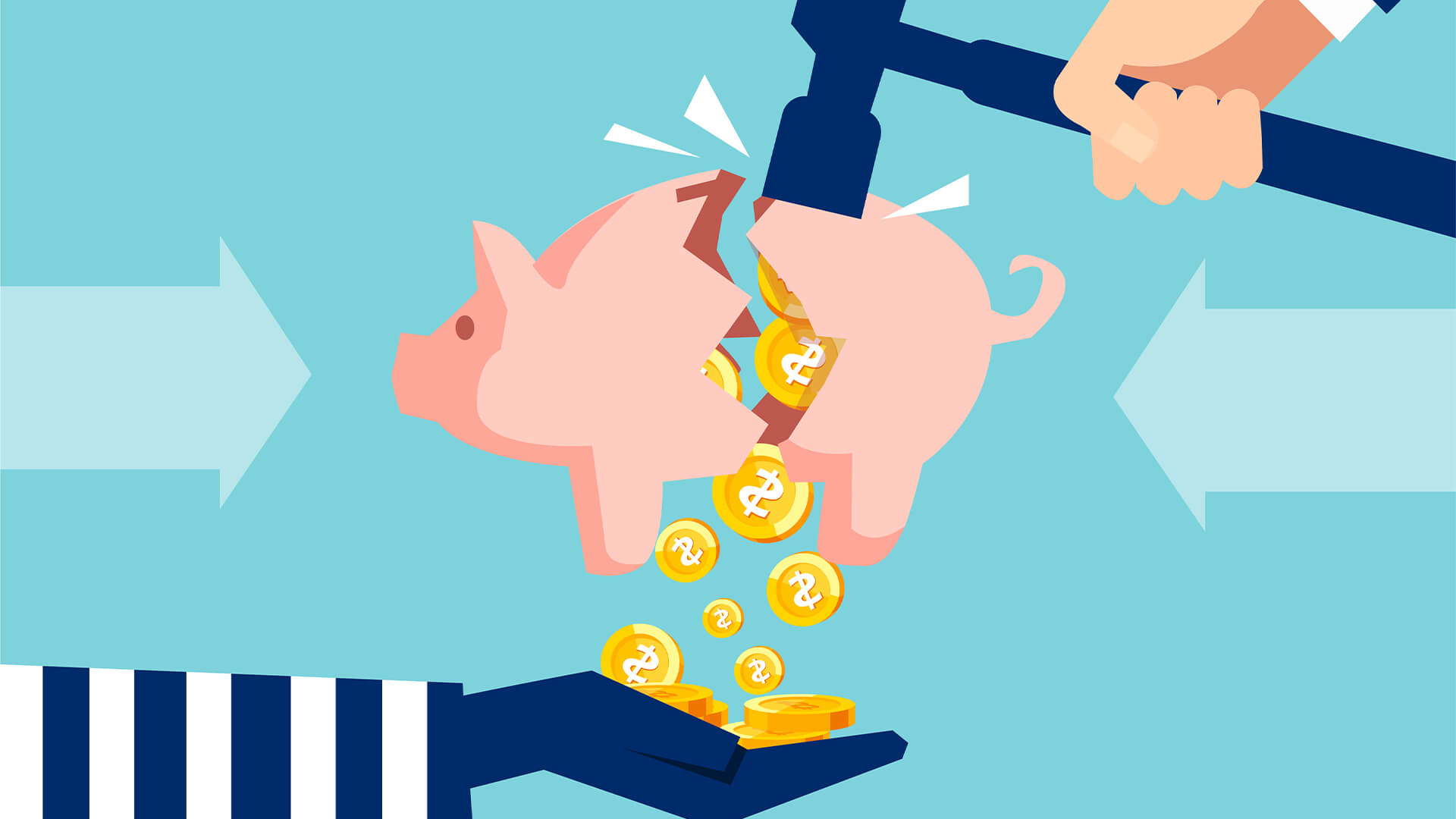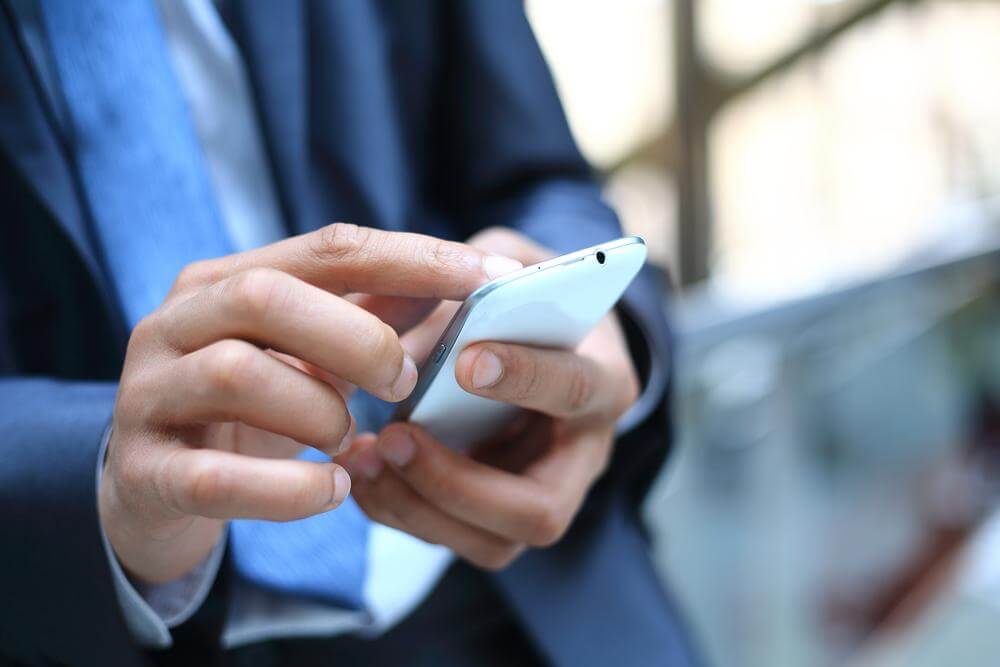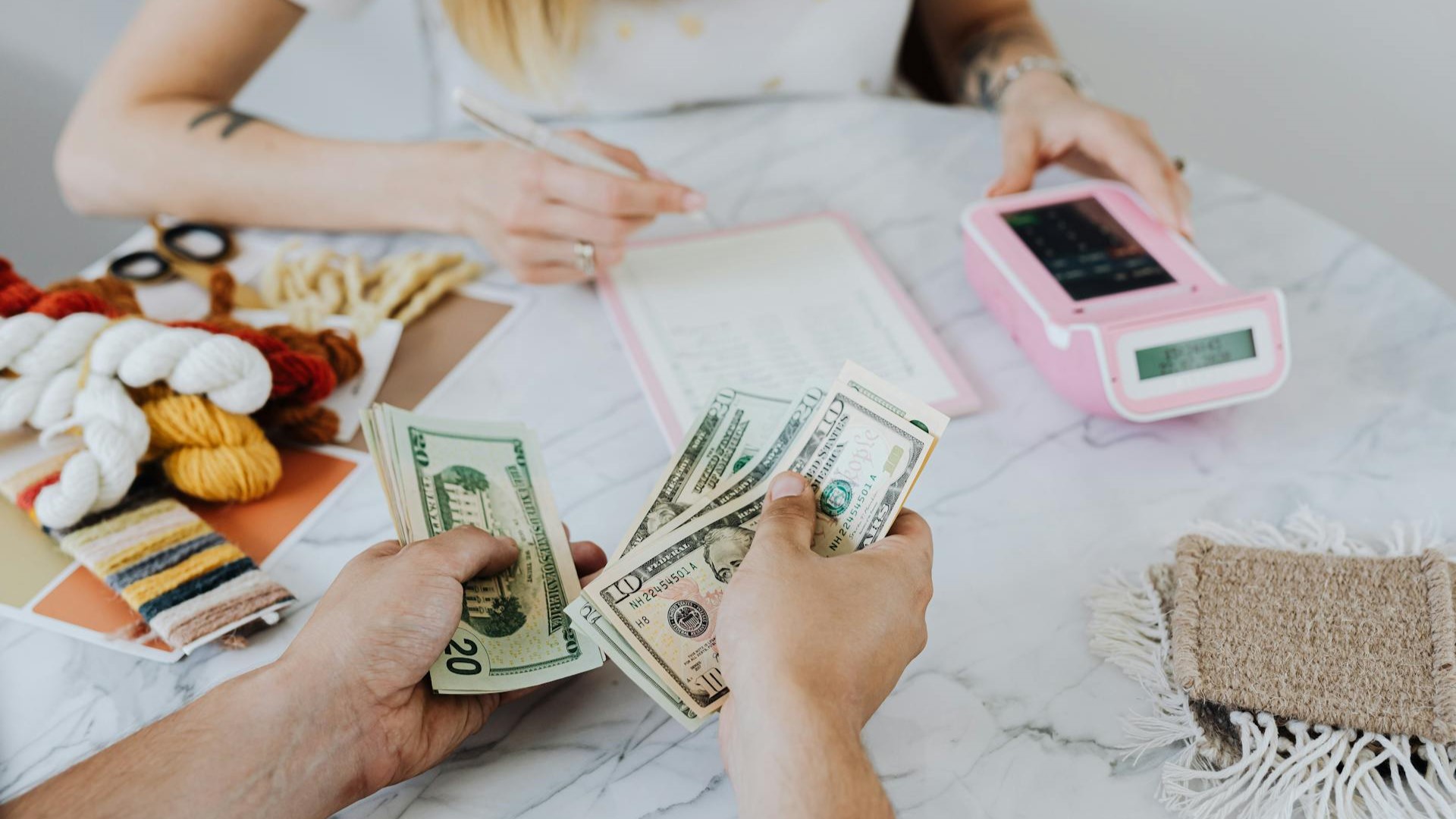Banking the Unbanked
- About 75% of adults earning less than $2 a day don’t have a bank account
- More than 2.5 billion people around the world don’t have a bank account
- The poor face bureaucratic, travel distance and cost barriers
Millions of people around the globe lack power, credit and internet which result in them being unbanked. Being unbanked means not having access to the services of a bank or similar financial organization.The challenges are manifold; from not being able to receive deposits from an employer, to no credit history and being excluded from lending, to lacking the ability to safely save money or transfer money.
In 2014 there were 2 billion unbanked people. Account ownership is almost universal in high-income economies, hence, all unbanked adults live in developing economies. China and India, despite having relatively high account ownership, claim large shares of the global unbanked population because of their size. 225 million adults living there are without an account. China has the world’s largest unbanked population, followed by India (190 million), Pakistan (100 million), and Indonesia (95 million).
What are the challenges in banking the poor?
Three quarters of the world’s population, living in poverty, are unbanked. This is not just because of poverty, but also due to the cost, travel distance and amount of paperwork involved in opening an account. Our bank account number is almost as intrinsic to our identity as name and date of birth. Getting a job, renting a house and having an internet connection at home would be nearly impossible without some sort of financial inclusion.
Yet today the unbanked population stands at a staggering 1.7 billion globally, according to data released by the World Bank.
“Providing financial services to the 2.5 billion people who are ‘unbanked’ could boost economic growth and opportunity for the world’s poor,” said World Bank Group President Robert B. Zoellick. “Harnessing the power of financial services can really help people to pay for schooling, save for a home, or start a small business that can provide jobs for others. This new report on the world’s ‘unbanked’ makes the case: the more poor people are banking today, the more they are banking on their future.”
What further challenges stop people using a bank?
FairPlanet researched further, and even with access to a bank, evidence suggests people will still not trust the bank, the service is unreliable, and withdrawal fees are prohibitively expensive. People are not inclined to borrow because they do not want to risk losing collateral. While expanding access to various banking services (for instance, by lowering account opening fees) will benefit a minority, broader success may not be obtainable unless the actual service quality is vastly improved. Moreover, there are challenges on the demand side. Increased work needs to be done to understand what savings and credit products are best suited for the majority of the unbanked living in poverty.
Problem solving?
Blockchain payments allow for cheaper money transfers and lower account fees while upholding security and transparency. Open banking allows for new players to enter the field and begin assisting the underbanked in ways that have never before been allowed, and blockchain technology is poised as a key component in the entire process. With are a few companies emerging in this field and companies, such as FairPlanet, that host these payment methods, we can see a push for financial inclusivity. Serving adults who live on less than $5 a day is not only possible at scale—to a large degree, it is already happening.
